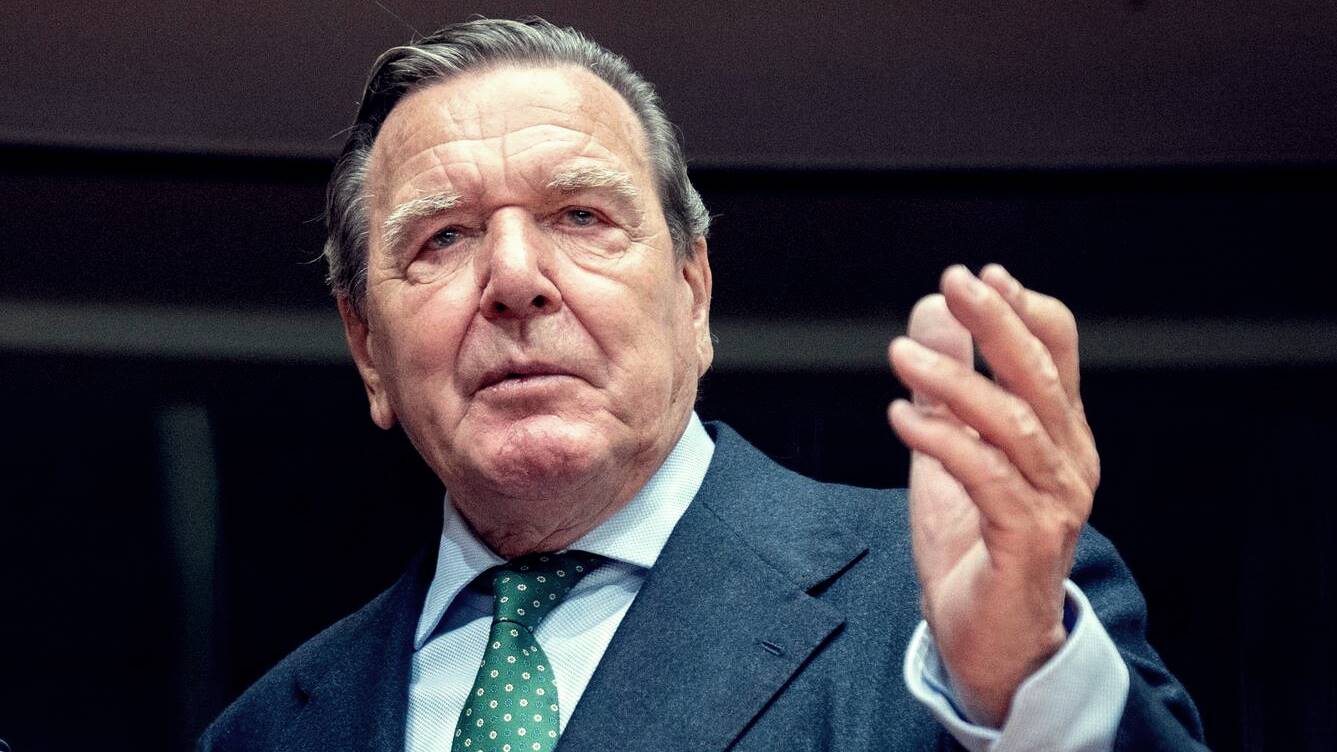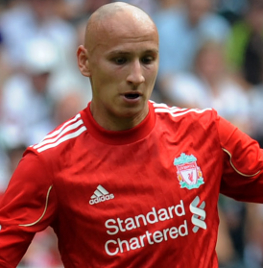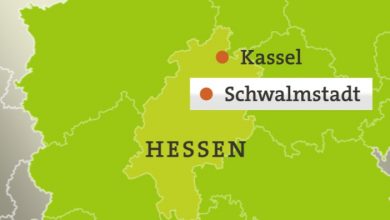Schröder: “I’m not making a mea culpa now”

Former Chancellor Schröder has been criticized for not giving up his posts for Russian energy companies despite the Russian attack on Ukraine. Now he says: Only in one case would he do that.
Former chancellor and Putin friend Gerhard Schröder has been heavily criticized in Germany. He has now spoken out in an interview for the first time since the start of the Russian war of aggression in Ukraine. In the US newspaper “The New York Times” he once again declared himself willing to mediate in the Ukraine war.
“I’ve always represented German interests. I’m doing what I can. At least one side trusts me,” said the former SPD leader and current lobbyist for Russian energy companies. In the interview published on Saturday, Schröder explained that a peace solution must now be reached as quickly as possible. “I think this war was a mistake and I’ve always said so.”
Schröder traveled to Moscow in March to speak to Russian President Vladimir Putin. According to his own statements, Chancellor Olaf Scholz (SPD) was not informed about the trip. The 78-year-old Schröder did not comment on the details of the conversation with Putin in the interview and only revealed this much: “What I can tell you is that Putin is interested in ending the war. But that’s not that easy . There are a few points that need to be clarified.”
According to the report, Schröder was received by Putin in the Kremlin like a head of state or government. Like Scholz and French President Emmanuel Macron a few weeks earlier, he spoke to the Russian President at a now famous six-meter-long giant table. In Moscow, he also spoke to Putin’s adviser Vladimir Medinsky and the oligarch Roman Abramovich.
In the conversation, Schröder repeated that the trip to Moscow came about through an initiative from the Ukrainian side. The Ukrainian Ambassador to Germany, Andriy Melnyk, had previously contradicted this account.
According to Schröder, the Ukrainian parliamentarian Rustem Umerow informed him about the Ukrainian positions at a meeting in Istanbul before the trip to Moscow. After the conversation with Putin, there was another meeting with Umerow in the Turkish metropolis – after that the contact was broken off. Schröder told the New York Times that he was ready to talk to both sides again.
Resignation from lobby positions? Unlikely
Schröder, on the other hand, can only imagine resigning from his post for Russian energy companies if Russian President Vladimir Putin cuts off gas to Germany and the European Union. An unlikely scenario from Schröder’s perspective: “That won’t happen.” But should it come to that, “then I would resign,” he added – without explicitly saying from which post.
Schröder is the head of the supervisory board at the Russian state energy giant Rosneft and most recently also worked for the pipeline companies Nord Stream and Nord Stream 2. He is heavily criticized in Germany because he has not parted with his posts despite the Russian attack on Ukraine. Four SPD associations have therefore applied for party exclusion proceedings against Schröder.
The Russian energy giant Gazprom also nominated Schröder for a supervisory board post in early February – shortly before the Russian attack on Ukraine. The Annual General Meeting is scheduled for June 30th. According to the New York Times, Schröder left open in the interview whether he would accept the nomination.
“You cannot isolate a country like Russia in the long term”
He campaigned for maintaining ties with Russia despite the war of aggression against Ukraine. “You cannot isolate a country like Russia in the long term, neither politically nor economically,” said Schröder. “German industry needs raw materials that Russia has. It’s not just about oil and gas, it’s also about rare earths. And these are raw materials that cannot be easily replaced.”
Schröder defended the German energy policy of recent decades, which has made the country dependent on Russian gas. He was surprised at the heated debate in Germany: “In the last 30 years they have all taken part. (…) I’m not making a mea culpa (my fault) now,” he said. “It’s not my thing.”
According to the US newspaper, it spoke twice to the former Chancellor and SPD leader in his hometown of Hanover. It is the first time since Russia’s war of aggression began on February 24 that Putin’s longtime friend has spoken out in an interview.




